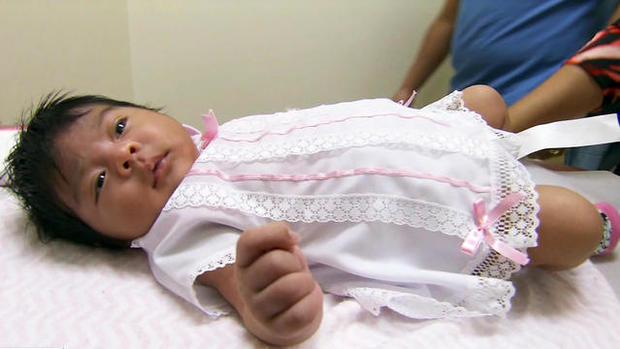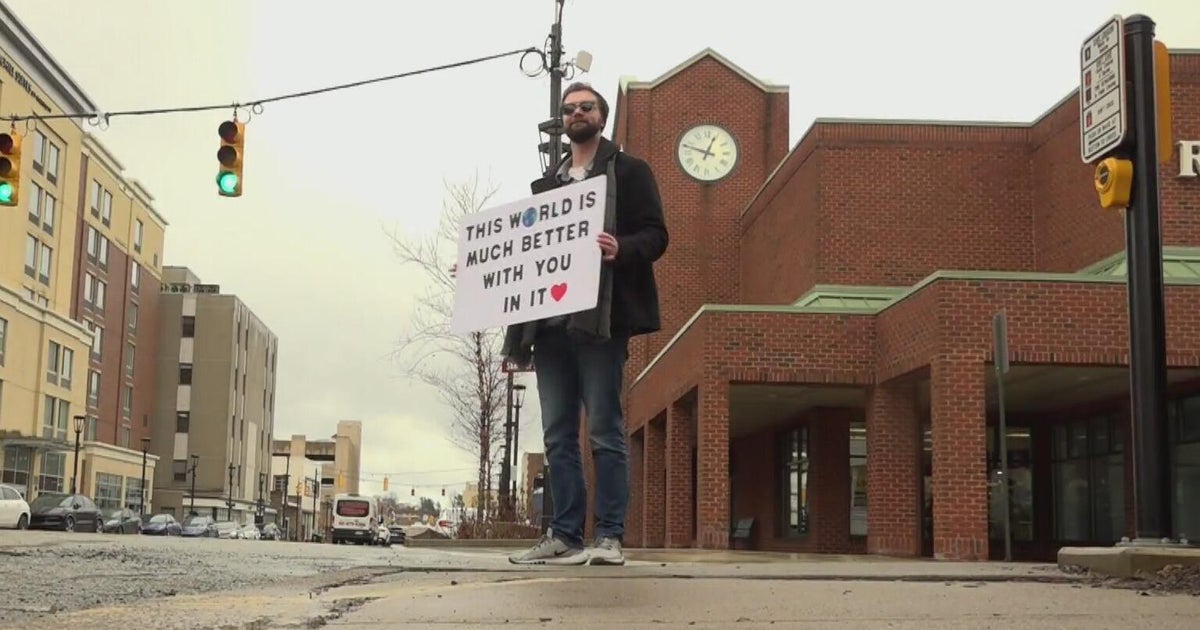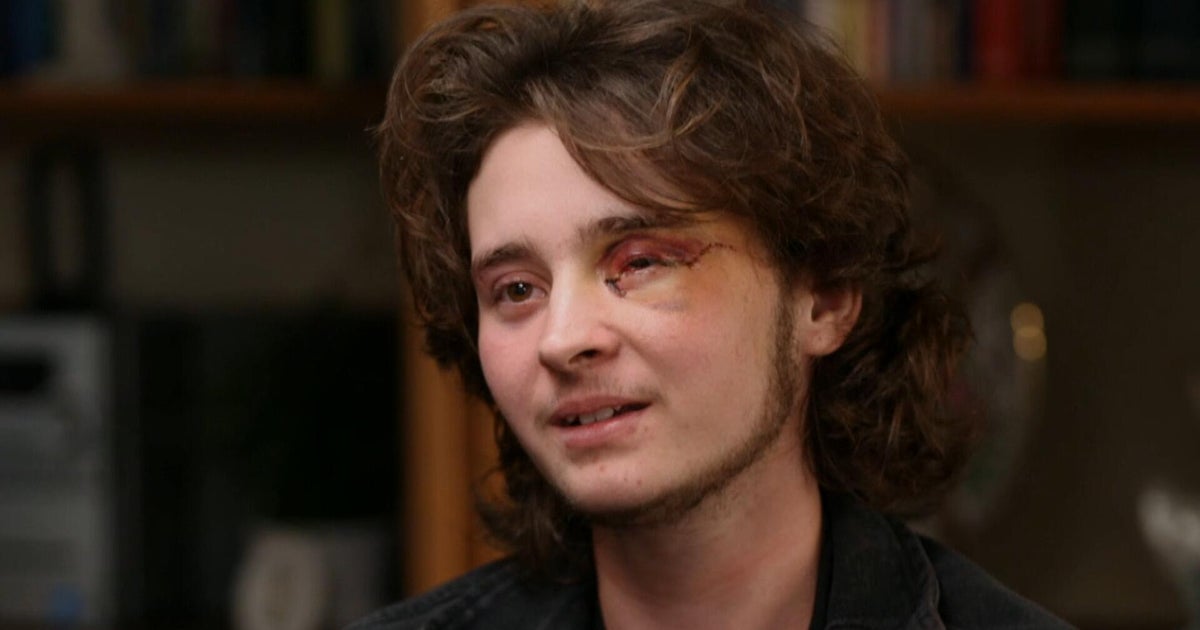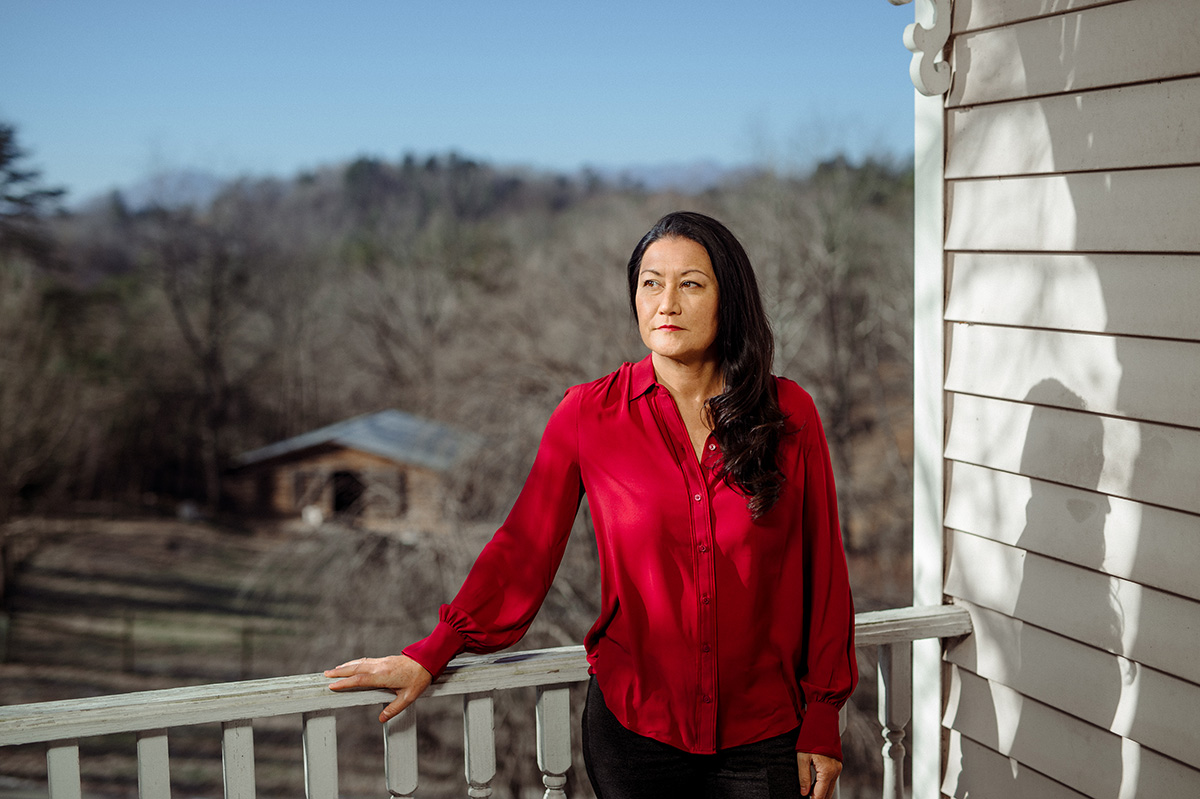Doctors keep close tabs on children of Zika-positive moms
Florida's rainy season is ramping up, and so is the threat of mosquitoes carrying the Zika virus.
More than 5,000 people in the U.S. have reported having Zika since last year. Most people caught it overseas, but nearly all 224 locally transmitted cases in 2016 happened in Florida. A recent study in Nature reports the virus likely began spreading last year in Florida "months earlier than the first confirmed, locally transmitted case."
Yessica Flores, 38, was understandably nervous as she prepared to give birth in January. At the height of Flordia's Zika scare, she contracted the virus when she was seven weeks pregnant.
When daughter Daniella was born, she looked and sounded like any healthy newborn – no visible symptoms or defects. Her father gave prayerful thanks right on the delivery room floor.
Now, still healthy at four months, Daniella continues to be measured and monitored for developmental issues beyond microcephaly. Flores told CBS News she went public to promote awareness so that other pregnant women can avoid the stress and anxiety she suffered, Manuel Bojorquez reports.
"She appears to be every bit a good, healthy, beautiful baby girl, but what are the risks for her going forward?" Bojorquez asked Dr. Christine Curry, who heads the Zika response team at the University of Miami.
"So part of the reason we continue to bring her baby back for check-ups is that we want to see, are the back of the eyes developing normally, is the baby hearing normally?" Curry said.
Curry said one in 10 babies born to Zika-positive moms have some sort of serious birth defect, but she worries that many are not receiving critical follow-up care.
"We lose about a quarter of those families after delivery where they go back to their community hospital, their community pediatrician, and then they don't stay engaged with our care, and that means we don't have any data on what's happening with them," Curry said.
In south Florida, crews are hitting the ground early, using larvicide to kill mosquitoes before they hatch.
Last season, Miami-Dade County air-dropped the controversial pesticide Naled in several Zika zones – and residents protested.
Miami-Dade Mayor Carlos Gimenez hopes it won't come to that again this year. They've beefed up the mosquito control budget and are pushing community awareness.
"If you don't plan on having a child etc., it's still your personal responsibility to make sure you don't become a transmitter to somebody that does," Gimenez said. "That's what our message is here. All of us have to take care of all of us."
But as Bojorquez found, not every homeowner is up to speed.
The Centers for Disease Control and Prevention said it's still seeing up to 40 new pregnant women with Zika every week nationwide. Some good news though: the Florida Department of Health says no new locally transmitted cases have been reported in Florida since March. But Miami officials aren't letting their guard down.
"Is this just something we now have to live with? Is Zika ever going to go away?" Bojorquez asked.
"We live in a time of Zika, and this is something that we are going to deal with this season and maybe next season. Ultimately until there's either treatment, vaccination or both, this is the world that we live in," Curry said.
The Zika vaccine is in its second phase of testing. It won't be ready for this season. A recent report from Stanford University suggests that Zika can be transmitted at a temperature of around 84 degrees Fahrenheit, 6 degrees lower than originally thought. The high Monday in Miami is supposed to be in the 90s.






